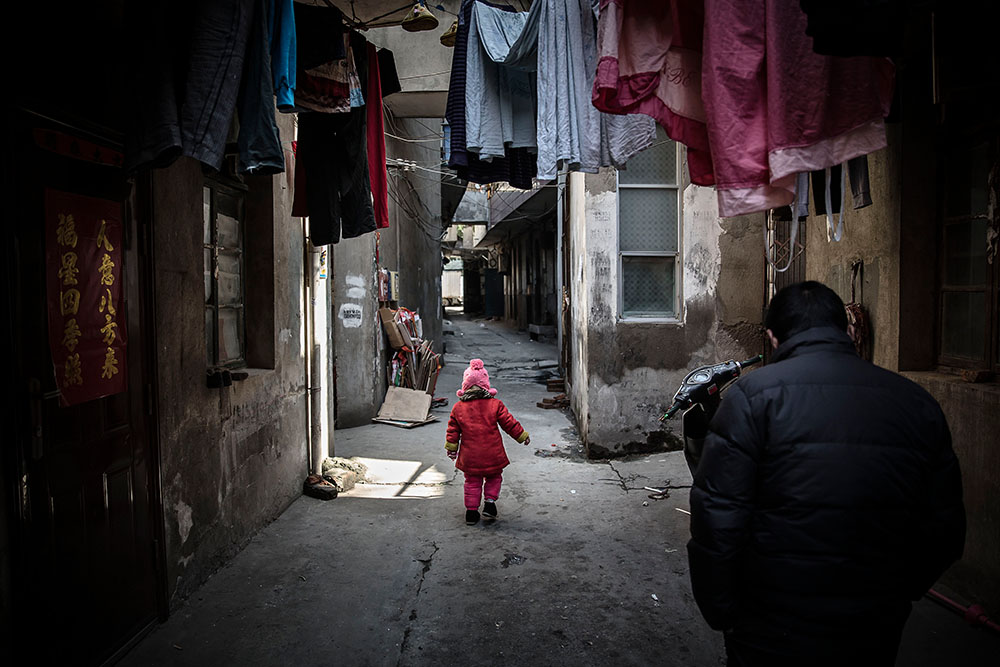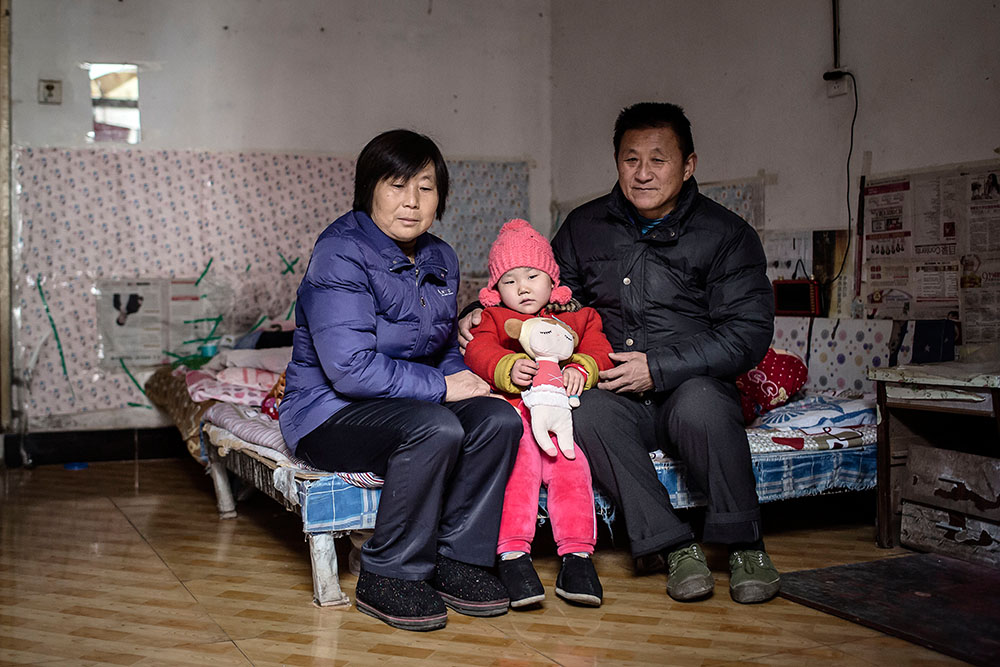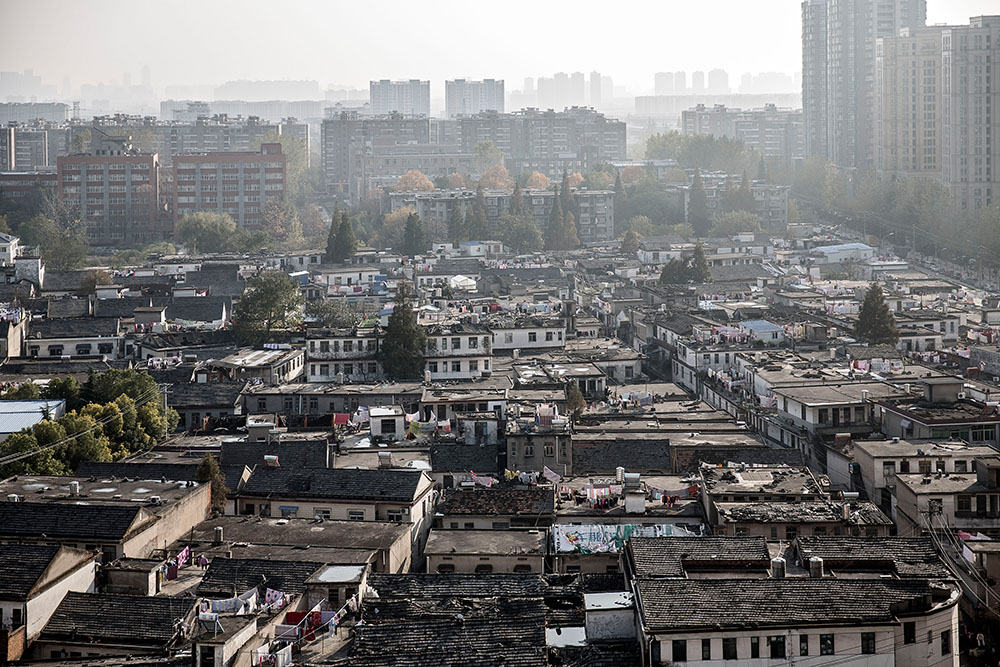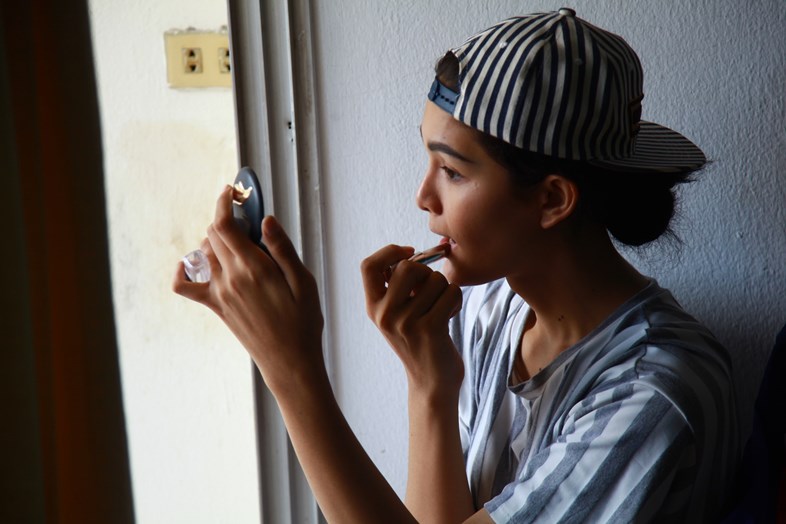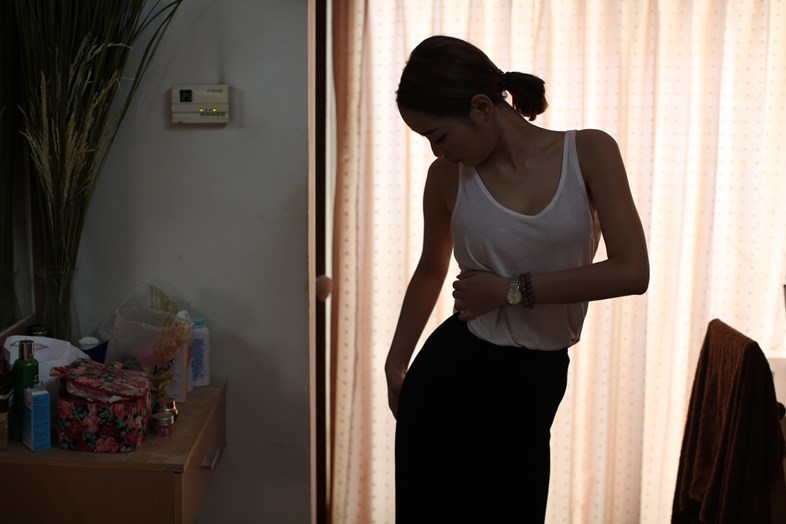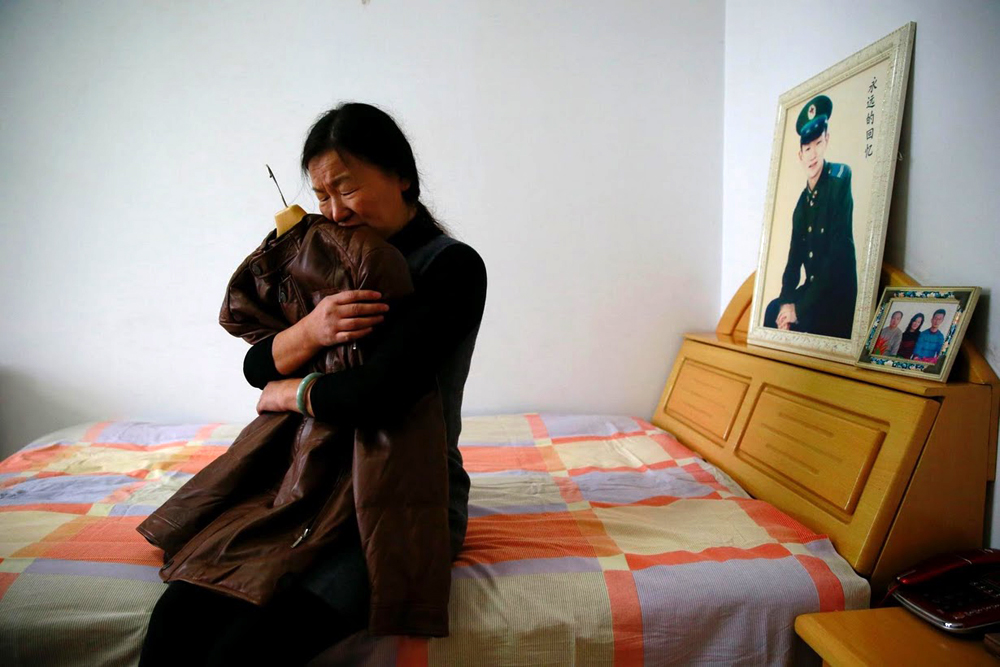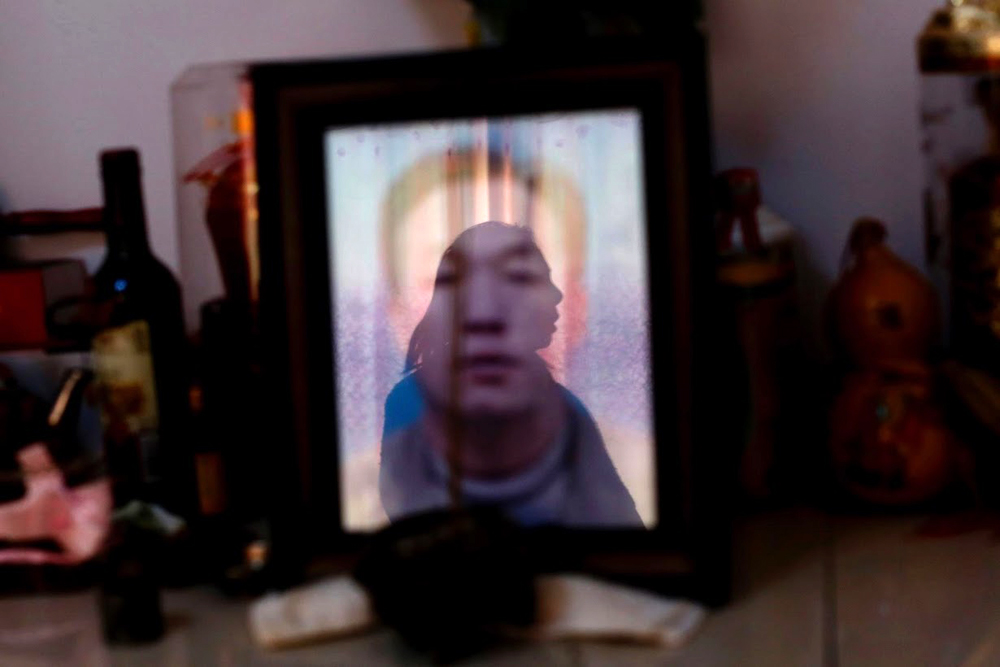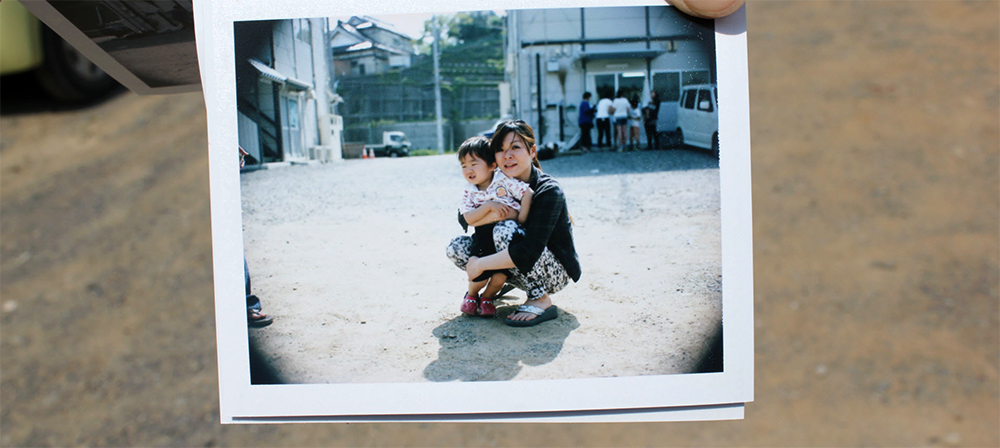
Imagine this: you’re a bright-eyed youth with a passion for helping out communities in need, disillusioned by seemingly trivial “let’s repaint an old school building for the poor”-type projects. At the same time you have an interest in photography, which you really want to put to good use, but haven’t had the opportunity to.
That was the scenario Frederick Jon Chen found himself in a few years ago, until he came across Photohoku, an unconventional project that allowed him to use his photography skills to do good for disaster-stricken communities.
It turned out to be more meaningful, says Frederick, than many of the community involvement projects he’s been involved in.
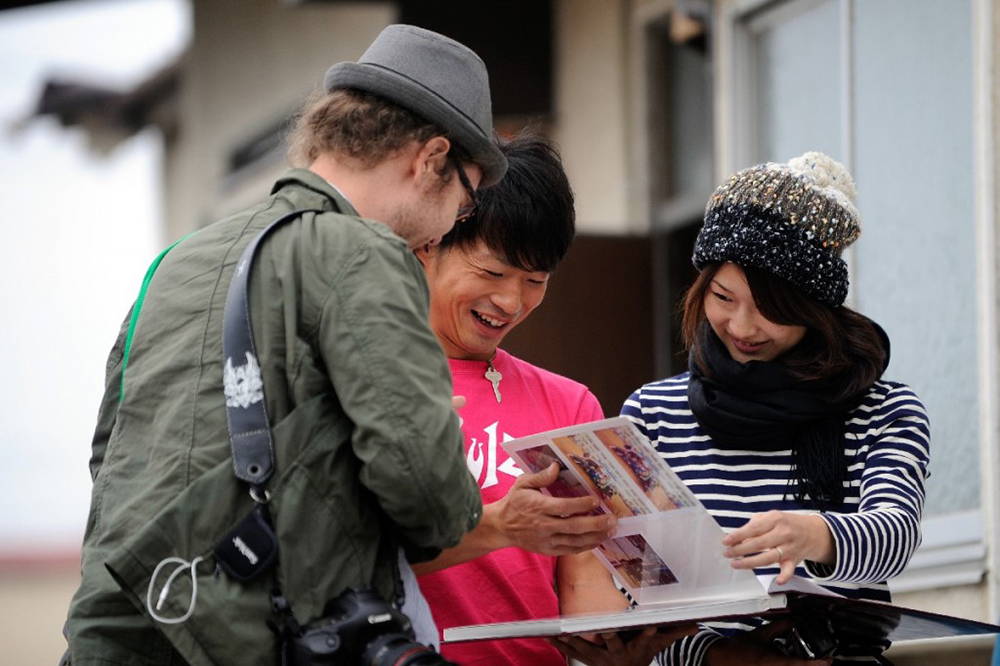
After years of volunteer work, “I had become disenchanted, as it were, with my role, fundamentally,” he shares. “By coating a wall of a school atop a mountain in Sa Pa with fresh paint, were we creating and imposing new expectations on our recipients which – crucially – were previously non-existent?”
In 2013, he came across Photohoku, a photo-giving movement formed in response to the 2011 Tohoku earthquake and tsunami. “Unlike photojournalists who travel to Tohoku mining relentlessly and insensitively for photo opportunities in the dismantled region, we (Photohomies) travel up to northeast Japan to make and give photos to those affected by the events of March 2011,” he shares. (by Natalie Koh)
Read the whole article and see more pictures on contended.cc:
http://contented.cc/2015/09/photohoku-disaster-stricken-communities-singapore-tohoku-earthquake/
